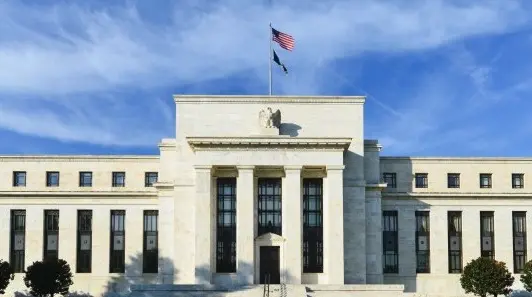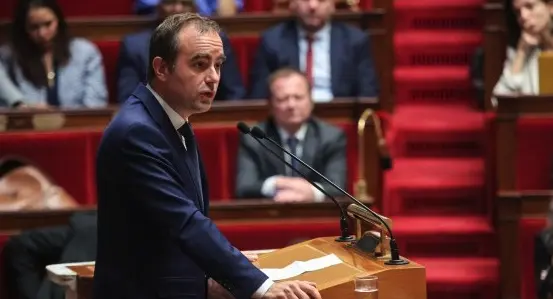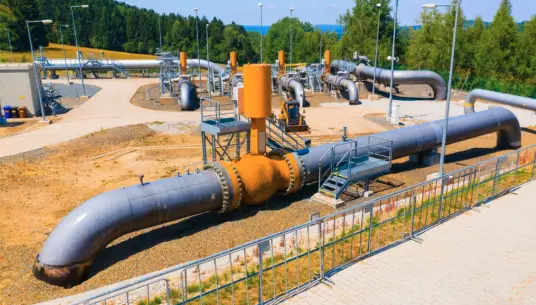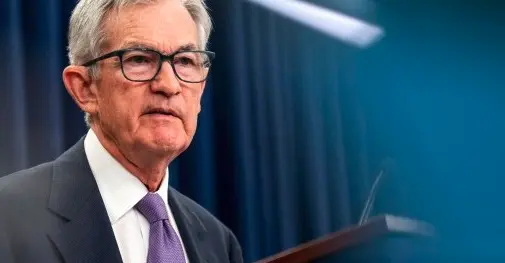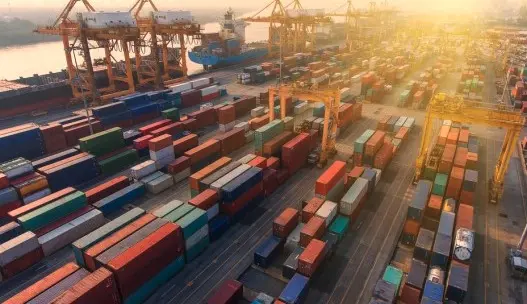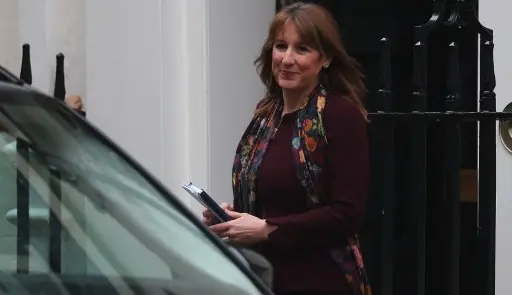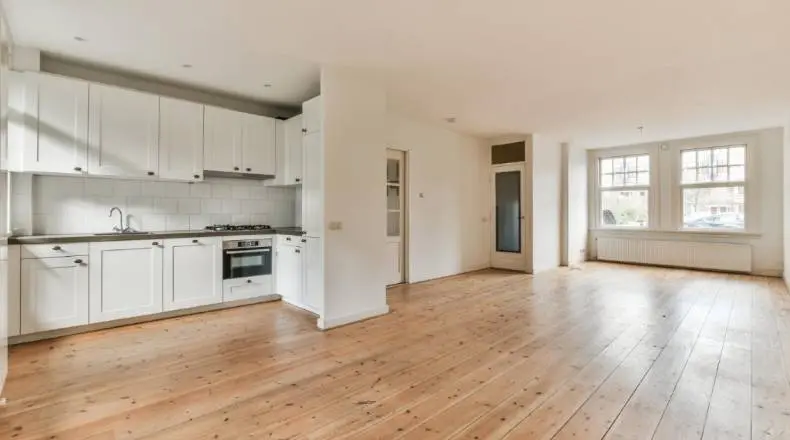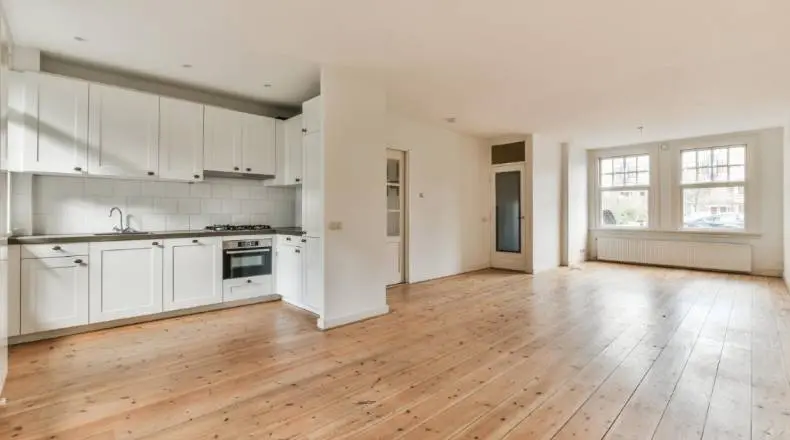

PRESS RELEASE
Warsaw, 11.01.2021
Commercial real estate market in Poland has come a long way since the spring of 2020. Never before have so many changes been made in such a short time. Adaptation to new conditions turned out to be the most difficult for hotels and retail. For the warehouse market, in turn, the reshuffling of sales and deliveries became a springboard for a series of records. The offices returned in a new form. Nowadays, the new trends that will shape the market in the upcoming years, lead the way for the real estate sector. Experts from Walter Herz consulting company comment on what is changing.
Offices in demand
- Despite the popularization of home office and the hybrid work system, we cannot speak of a revolution on the office market. The situation in the sector is quite stable. However, the way the space is used is changing. Tenants decide to extend contracts and change the arrangement of space, adapting it to the needs of employees in the new market environment. Some companies reduce space and maximize its use. Co-working is trending. Companies create more space for team work, integration and meetings - informs Mateusz Strzelecki, Partner / Head of Regional Markets at Walter Herz.
Mateusz Strzelecki expects an explosion of relocation to flexible offices this year. - This tendency was already visible last year, but we expect an increase in the activity of companies this year. This is due to the fact that nowadays, tenants need more time to decide on the new office, even a year or a year and a half - admits Mateusz Strzelecki.
Mateusz Strzelecki also points to a positive symptom visible on the market related to the return of foreign companies that have been actively looking for locations for their headquarters in our country since autumn last year. Strzelecki also speaks of the great boom seen on the flex space market segment. - Tenants now prefer shorter, flexible contracts with different options of space. Hence, the growing demand for instant offices and co-working spaces is growing. They offer a full range of services and short lease terms, which attracts tenants. They are most often complementary to traditional spaces. The resources of flexible space are growing rapidly and are already provided by the majority of the most modern facilities. In 2022, the potential of this segment will increase – predicts Mateusz Strzelecki.
Frozen projects
However, Mateusz Strzelecki no longer speaks of an increase in the resources of traditional office space on the market with such great optimism - The amount of space under construction, especially on the Warsaw market, is the lowest in a decade and there are no signs that this will change in the near future. The situation is better on the regional markets, while in Warsaw most of the large office investments have already been completed, and the remaining construction projects are nearly finished. Almost half of the space in the projects under construction already has tenants. Over time, the free space will shrink and the market offer will become smaller. There is a supply gap on the horizon in the next two years, as only a small number of projects is under implementation. Low supply with higher expected demand may translate into optimization of lease terms on the part of building owners, and even an increase in rental rates in the best buildings in central locations, which are currently the most popular. Increasingly higher utility prices will, in turn, affect the increase in service charges - notes Mateusz Strzelecki.
- The growing construction costs related to high inflation and an increase in interest rates do not encourage investors to act. Prices for building materials, services, land and wages are rising. We can expect this trend to continue this year. Estimates show that the cost of delivering an office building to the market has increased by over 30 per cent, since the beginning of the pandemic. In addition, there are difficulties related to the timely delivery of materials - says Mateusz Strzelecki.
Warehouse sector is hot
Bartłomiej Zagrodnik, Managing Partner/CEO of Walter Herz, points out that thanks to the large-scale office buildings that have been commissioned last year and which constitute attractive assets, this year's value of transactions on the investment market may reach the level seen in Poland before the pandemic. - In 2021, the transaction volume will probably be similar to the one recorded last year. The warehouse and industrial sector will account for almost a half of the total value. The demand for logistics real estate is breaking records not only on our market. In Poland, convenience-type facilities, retail parks and local daily service centers providing access to everyday goods are also gaining importance. Investors also appreciate more and more projects offering flats for institutional rental, student dormitories, retirement homes and nursing homes, which guarantee lasting capital security and an attractive level of return - informs Bartłomiej Zagrodnik.
- The pandemic has significantly boosted the development of the warehouse real estate market. A record amount of space is under construction all over the country. The historically high new supply is followed by an equally high demand, which was a third higher in the first three quarters of 2021 than in the corresponding period a year earlier. This is a trend that will continue also this year due to the further development of e-commerce and nearshoring, locating production closer to the outlet zone and striving to shorten the supply chain – explains BartÅ‚omiej Zagrodnik.
New concepts
BartÅ‚omiej Zagrodnik points out that more and more warehouses built in the new standard will enter the market. They will reach the height of 12 m. - Developers are also noticing great interest in last mile logistics facilities, located close to large urban agglomerations, and will implement more such projects. These types of facilities are particularly popular among distributors and delivery companies, which are associated with the boom in the e-commerce sector. This year, the dark store concept, which debuted on our market in 2021, will also be popularized in Poland. Networks of distribution microcenters, resembling shops, but created exclusively to handle online orders with express delivery in several minutes, will be expanded, which are already operating in the seven largest cities in the country – informs BartÅ‚omiej Zagrodnik.
Walter Herz specialists agree that commercial investments in Poland have chosen the multiple functionality course. Among the projects prepared for construction, mixed-use complexes implemented in several stages predominate. The purpose of designing part of the investment is also to supplement the development with additional functions, as is the case with the office building in SÅ‚użewiec in Warsaw. - We could observe the implementation of investments with residential, commercial, service, entertainment and hotel functions in major cities in the country even before the pandemic. Now, such facilities have dominated the sphere of new investments. Projects built in line with sustainable development meet not only the expectations of today's investors, but also the needs of office users who appreciate the advantages of the local area even more, but expect a comprehensive offer - says Piotr SzymoÅ„ski, Director Office Agency at Walter Herz. - In Warsaw, the implementation of new, large-scale mixed-use investments is scheduled, among others, in the districts of Bielany and Å»eraÅ„. Complexes of this type will also be built in Kabaty and OkÄ™cie – says Piotr SzymoÅ„ski.
More and more green
- When outlining outstanding trends, it is impossible not to mention the ESG (Environmental, Social and Corporate Governance) standards, which are becoming an increasingly important criterion in assessing the value of commercial real estate. The building's efficiency, emissivity and the comfort it provides to its users, confirmed by certificates, have become a key issue for investors. The environmental aspect related to projects in the face of climate change is already as important as the financial profit and, in the context of EU directives, to a large extent influences business decisions. Sustainable investments achieve higher market valuations and are better rated by financial institutions - says Piotr Szymoński.
Piotr SzymoÅ„ski expects further, more and more detailed regulations on ESG. - We are observing an increasing desire to reduce operating costs and minimize the impact on the planet through the use of energy-saving solutions. Facilities that take into account the convenience of users are also more popular among tenants. Companies pay attention to how the space in which they work affects the natural environment. Some organizations only work with entities that represent similar standards in this field. Therefore, it can be expected that year to year there will be more "green" buildings on the market. We can also expect an increase in market competitiveness in this respect – adds Piotr SzymoÅ„ski.
Aboout Walter Herz
Walter Herz company is a leading Polish entity which has been operating in the commercial real estate sector across the country. For nine years, the company has been providing comprehensive and strategic investment consulting services for tenants, investors and real estate owners. It provides extensive support for both public and private sector. Walter Herz experts assist clients in finding and leasing space, and give advice when it comes to investment and hotel projects.
In addition to its headquarters in Warsaw, the company operates in Cracow and the Tri-City. Walter Herz has created Tenant Academy, first project in the country, supporting and educating commercial real estate tenants across Poland, with on-site courses held in the largest cities in the country. In order to ensure the highest ethical level of services provided, the agency introduced the Code of Good Practice.




